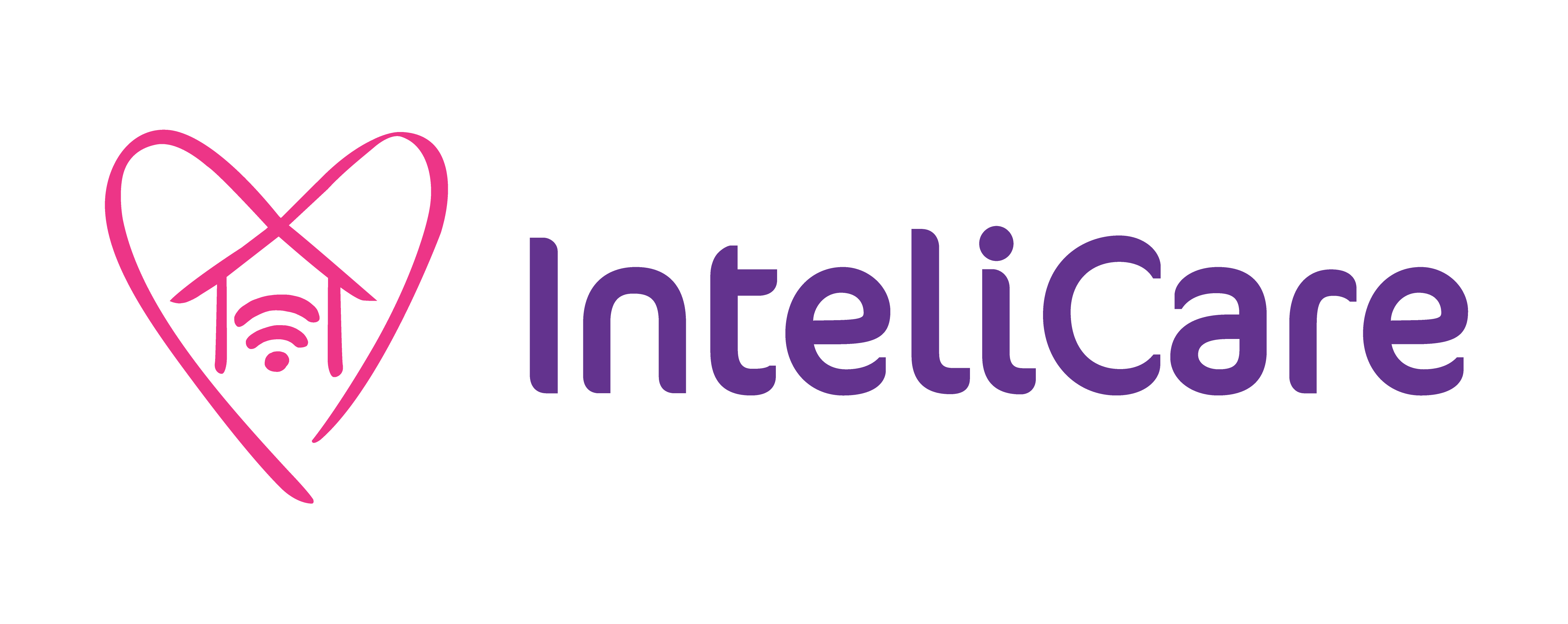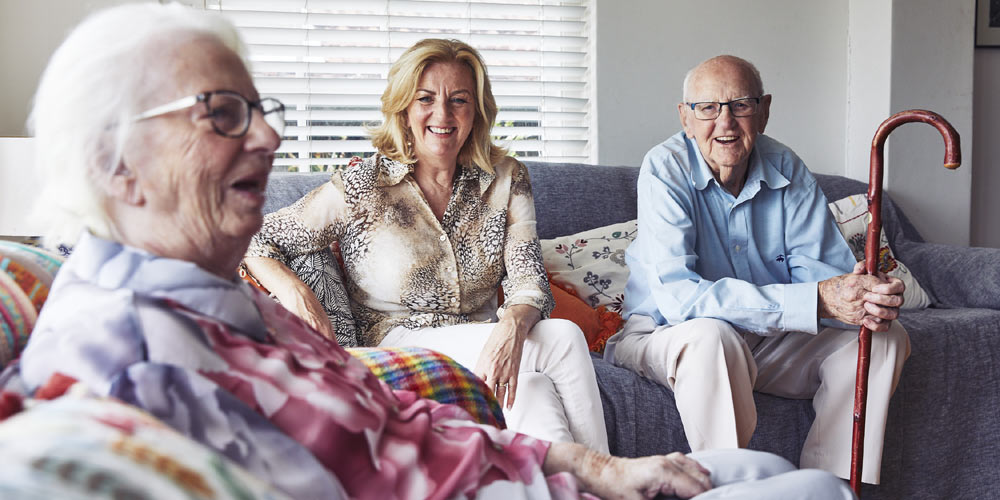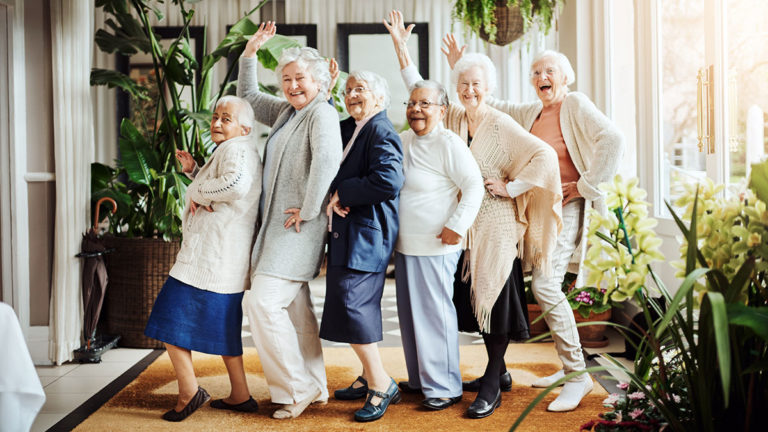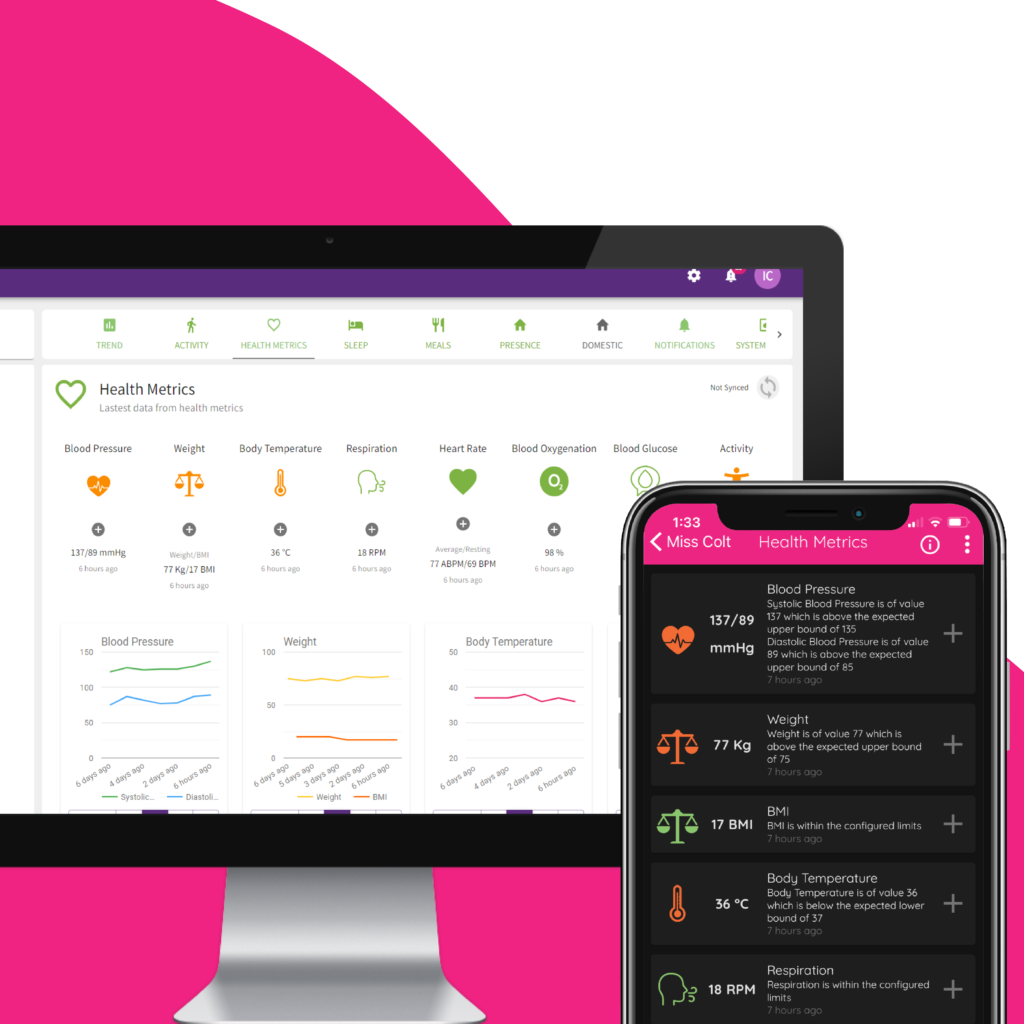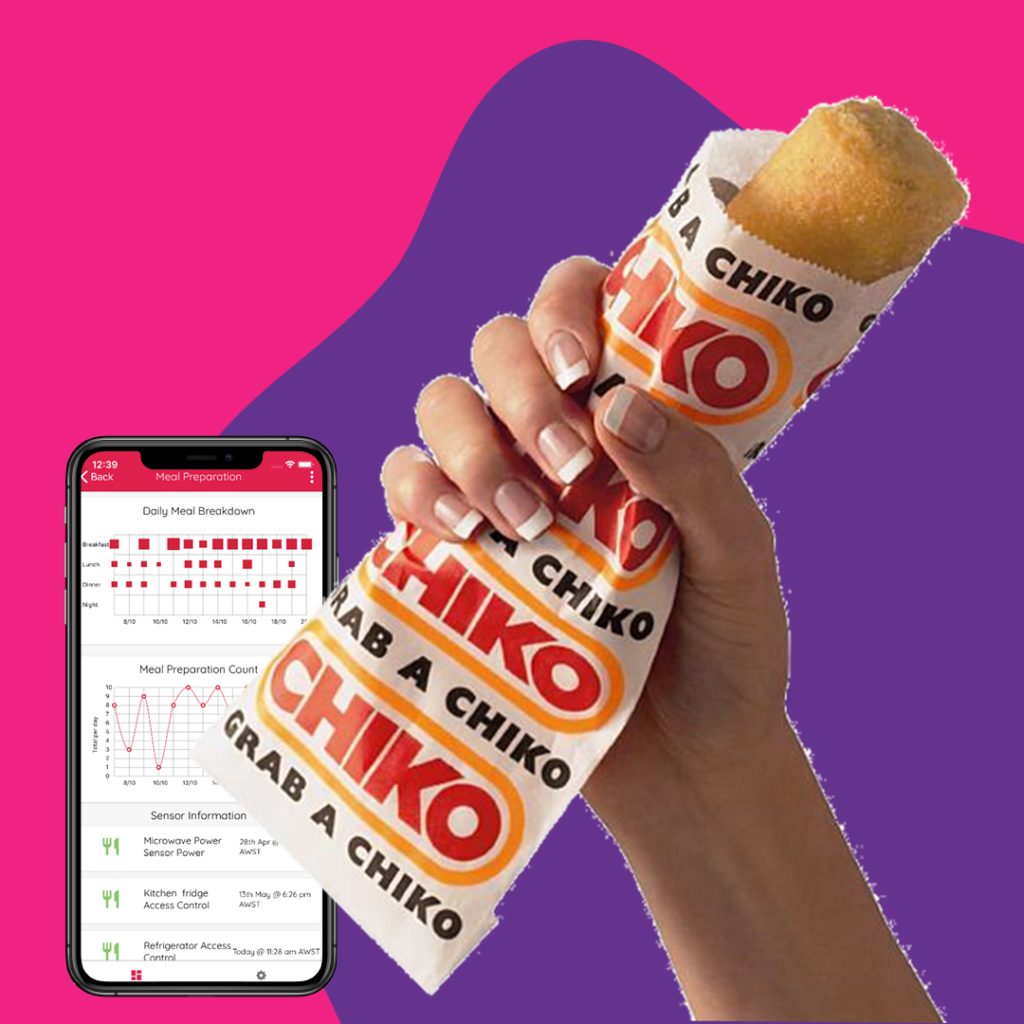Everyone who is caring for and cares about an elderly loved one knows all about the unpredictability of what can hurt them or infect them or suddenly make them ill and require a rapid response from us.
We always seem to be caught on the hop, in a constant state of heightened anxiety about what’s going on with the elders. Have they tripped, stumbled, leaned on a hotplate, eaten an off chop, stood on a chair (yes, nor should we) choked on a peach pit, slid around the shower like Disney On Ice, only nude?
OK, we can call daily, hourly. We can casually examine their cars for dings and scratches. Then examine them for dings and scratches, until they seriously wonder about our mental health.
 Well, since writing my book, We Need to Talk About Mum and Dad, I’ve been introduced to some excellent technology. It is a smart sensor system, and it senses motion and much more. It’s called InteliLiving™ and is made by InteliCare. It senses when motion and other behaviour is out of the ordinary and it also senses when motion comes to a sudden stop. Faceplanting off a chair, even onto a shag carpet, can do that.
Well, since writing my book, We Need to Talk About Mum and Dad, I’ve been introduced to some excellent technology. It is a smart sensor system, and it senses motion and much more. It’s called InteliLiving™ and is made by InteliCare. It senses when motion and other behaviour is out of the ordinary and it also senses when motion comes to a sudden stop. Faceplanting off a chair, even onto a shag carpet, can do that.
When it senses something not normal about the activity in a home it sends an alert message to an iPhone. Or several iPhones depending on who is taking responsibility.
I told Mum, and she thought it was great idea because it will be much more personal if she passes out and the kindly motion sensor tells me the news, rather than a stranger from the village’s front office. Or an ambo to whom she has not been properly introduced. Then she asked me what it cost, this can be a deal-breaker, but it can come out of her care package. Yay.
Then Dad said, it’s not necessary because there are two of us. Really? Mum’s legally blind and very deaf. If Dad has an unscheduled trip to the hospital, she could lie awake all morning, wondering why Dad was so slack with her breakfast. In fact, Dad has lung disease from working on cars and around asbestos, and smoking, and the next night he was struggling for breath and by the early morning he could hardly breathe at all. In these small hours he had been moving all night to the kitchen, then the bathroom, and the motion sensor and I could have seen that happening and asked the nurse to check on him. He didn’t want to call an ambulance, naturally, they only involve you with hospitals, so he struggled all night, and when the nurse came around she called 000 and Dad’s been in hospital for a week.
It looks like he will home soon, but either Mum or Dad will be back there sooner or later (“Your usual ward, madam?”) The nineties do require more service and maintenance than, say, the eighties. With InteliLiving™ in play, next time could be less of a shock to the family, we could be there too and we know the drill by now, including the trip to hospital check list: hearing aids, teeth, glasses.
In a crisis with the elders, having as much information as possible means you can scale down your panic from “crisis” to “medical event.” This expression is much used by doctors, it radiates urgency but calm, even if it sounds as if there should be balloons and a band.
Perhaps the sensors will come with a reassuring voice, like Siri with a medical degree. “Sorry to bother you, but your Dad has either tripped over that attractive carved coffee table, or he is napping on the floor.”
Smart sensors. Good idea. It could know what you need to do before you do.
© Jean Kittson 2021
Written by author and comedian Jean Kittson, her latest book is WE NEED TO TALK ABOUT MUM AND DAD: A PRACTICAL GUIDE TO PARENTING OUR AGEING PARENTS. Jean is the Patron of Palliative Care Nurses Australia and also the Ambassador for the Macular Disease Foundation, among others. www.jeankittson.com.au
